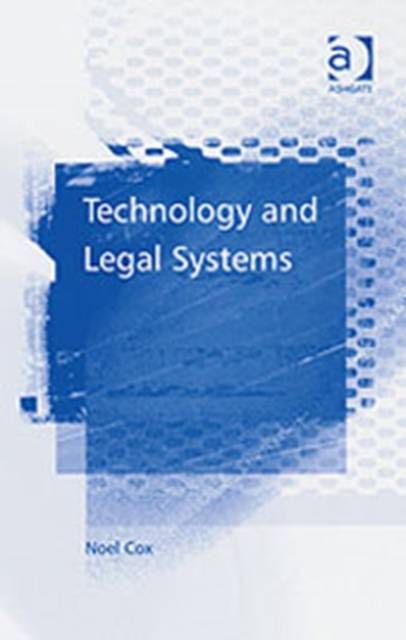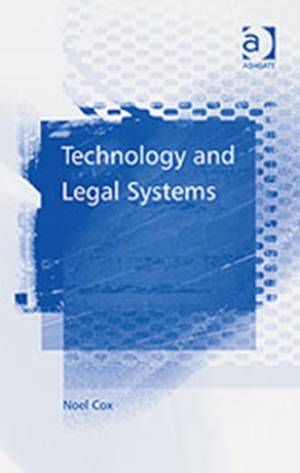
- Afhalen na 1 uur in een winkel met voorraad
- Gratis thuislevering in België vanaf € 30
- Ruim aanbod met 7 miljoen producten
- Afhalen na 1 uur in een winkel met voorraad
- Gratis thuislevering in België vanaf € 30
- Ruim aanbod met 7 miljoen producten
Zoeken
Omschrijving
The advent of the knowledge economy and society has made it increasingly necessary for law reformers and policy makers to take account of the effects of technology upon the law and upon legal and political processes. This book explores aspects of technology's relationship with law and government, and in particular the effects changing technology has had on constitutional structures and upon business. Part I examines the legal normative influence of constitutional structures and political theories. It focuses on the interrelationship between laws and legal procedure with technology and the effect technology can have on the legal environment. Part II discusses the relationship between government and technology both at the national and international level. The author argues that technology must be contextualized within a constitution and draws on historical and contemporary examples to illustrate how technology has both shaped civilizations and been the product of its political and constitutional environment.
Alleen bij Standaard Boekhandel
+ 405 punten op je klantenkaart van Standaard Boekhandel
Beoordelingen
We publiceren alleen reviews die voldoen aan de voorwaarden voor reviews. Bekijk onze voorwaarden voor reviews.












